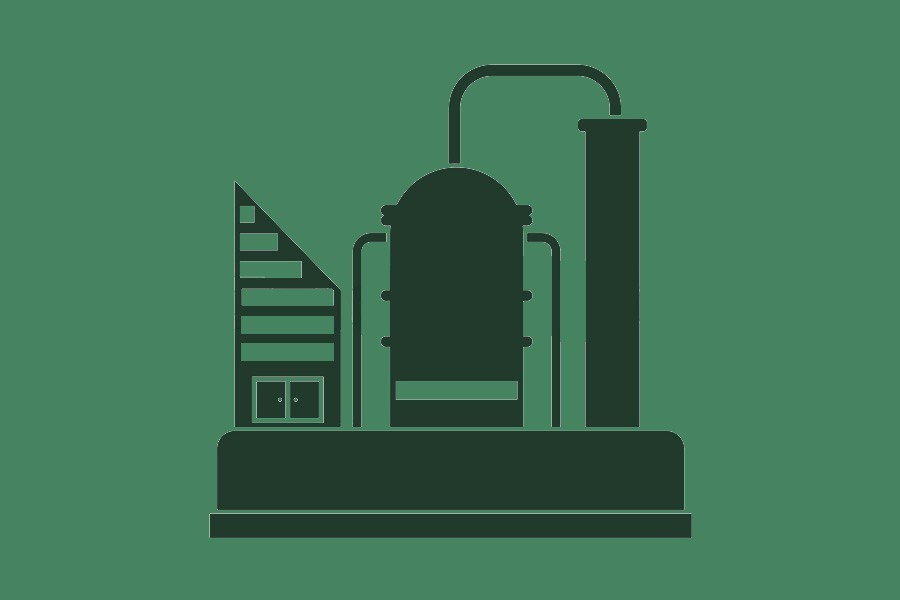Currently-shut private petrochemical and refinery plants might be allowed to resume operations, concentrating on diesel output, amid a demand-side fine change of fortune, sources said.
One precondition is tagged: the private owners ought to sell the fuel to state-run Bangladesh Petroleum Corporation (BPC).
A dozen such plants, which have been closed over the past 16 months for a lack of raw material, were mainly manufacturing petrol before the machines came to a grinding halt in June 2020.
"Seeing a mounting demand for diesel we have recently submitted a proposal for allowing them to produce diesel and resume their business operations," president of the Petrochemical and Refiners Association of Bangladesh (PRAB) Md Mamun Salam told the FE on Saturday.
"We have requested the BPC to supply necessary raw material, especially rich-quality condensate, to produce refined-quality diesel," he said.
When contacted, EMRD Senior Secretary Md Anisur Rahman acknowledged of having the proposal from the private refiners.
"We are considering their proposal positively to help resume their businesses," he said.
"We have already held several rounds of meetings with the top energy ministry officials and the BPC," said the company secretary of CVO Petrochemical Refinery Ltd Khwaza Mowin Uddin Hossain.
CVO Petrochemical Refinery Ltd is the lone publicly-listed privately owned refinery.
"We are hopeful about initiating our business soon," he added.
Sources said a dozen such plants were forced to shut operations in July 2020 as the government had stopped supplying necessary raw material - condensate-to maintain their operations.
The state-run Petrobangla and its subsidiary natural gas-producing companies had been supplying condensate to them to run their plants before.
The PRAB president alleged that the state-run gas entities had stopped supplying condensate 'unilaterally', without prior notice, resulting in closure of their operations.
As a result, bank loan worth around Tk 20 billion borrowed against their petrochemical and refinery plants remained stuck, and about 5,000 employees turned jobless, he said.
Mr Salam alleged that the government was neither supplying condensate nor allowing them to import it to run their factories then.
But as per the licensing terms, the government is bound to supply condensate or allow its import to keep their factories operational.
The state-owned gas entities were supplying condensate to these private fractionation plants while the BPC was purchasing diesel, petrol and octane from them, while in operation.
Under the new plan the private refiners will produce mainly diesel.
The country's diesel requirement is around 4.50 million tonnes annually.
The BPC imports a lion's share of diesel as refined product and produces a portion of the requirement as output from its wholly owned subsidiary, Eastern Refinery Ltd (ERL).


